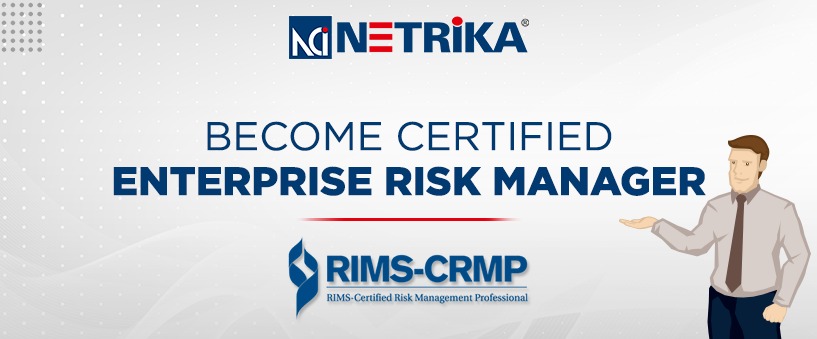
Certificate In Enterprise Risk Management
Post Tags : Certificate In Enterprise Risk Management Certified Risk Management Program CERTIFIED RISK MANAGER enterprise risk management certificate ENTERPRISE RISK MANAGEMENT CERTIFICATION enterprise risk management certification in india enterprise risk management certification online enterprise risk management course enterprise risk management courses in india erm certifications risk certificate risk management certificate course risk management certificate course india RISK MANAGEMENT CERTIFICATION RISK MANAGEMENT CERTIFICATION COURSES risk management certification courses in india RISK MANAGEMENT CERTIFICATION IN INDIA risk management certification india risk management course in india risk management courses in india

